New England Fishing Communities Being Destroyed by ‘Climate Shocks’: Study
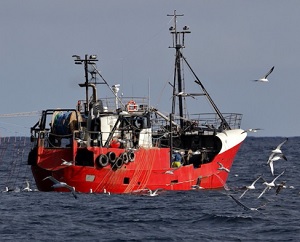
The climate crisis is hurting the New England fishing industry, claims a new report published Monday, with a decline of 16% in fishing jobs in the northeastern U.S. region from 1996 to 2017 and more instability ahead. University of Delaware researcher Kimberly Oremus’ paper, “Climate variability reduces employment in New England fisheries,” was published in the Proceedings of the National Academy of Sciences. >click to read< 10:28
New England fishermen losing jobs due to climate: study – While other studies have used temperature projections as a proxy for climate change, Oremus chose the North Atlantic Oscillation, a climate index based on the difference in sea-surface pressure between two points in the Atlantic Ocean—at the Azores and near Iceland. >click to read<

































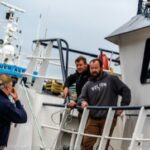

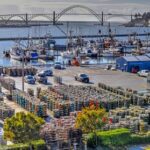

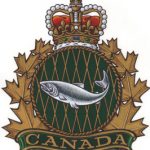

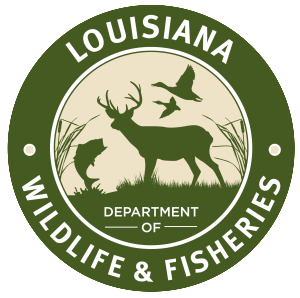
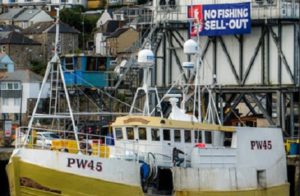




Its good to see a study about the changing climate and its possible effects on the new england fishing industry, but the researcher used data about the South Atlantic fishing industry as the control group. The problem is the South Atlantic commercial fishermen have been hit just as hard by government regulation as New England, there is not much left to use. This study would have been more relevant if they had attempted to find out how much bad science has cost the fishing community, [both commercial and recreational] in lost catches and revenues, due to bad stock assessments.
For instance a few years ago the National Academy of Sciences published a paper that found that something like 20 of 58 fish species that had undergone rebuilding programs since the Sustainable Fisheries Act was passed in 1996, never actually needed a rebuilding plan in the first place. Oops! More then half of the errors in stock assessments were made by the prestigious North East Fishery Science Center, whose data is used by the New England and Mid Atlantic Fishery Management Councils to set quotas, and other management measures. Needless to say many, if not all of the 16% unemployed fishermen can point to this as being the real reason they are unemployed.
So why hasn’t there been a study to determine how much the NEFSC and the management councils that unquestionably used that erroneous information, actually cost our economy due to bad science?
I believe that number to be in the hundreds of millions of dollars over the last 20 years. Isn’t this a significant enough number that someone might think it worthwhile to investigate, instead of just sweeping it under the rug? Did those scientists have to go back to school and take their courses over again? There’s a new Trawl survey advisory panel assembled to over see the RV Bigelowe, the primary culprit of erroneous raw data collection, but unless they decide to use industry vessels for the trawl surveys, nothing will change. The Bigelowe will continue to breakdown and do the surveys a month late making the data worthless, but the science center will still use it.
Think how many people lost their jobs because of the dogfish fiasco, how many processing plants were shutdown, boats put out of business, markets destroyed, all by a well financed NGO cabal out to end commercial fishing. Why was one enviro’s opinion so welcomed by the NEFSC and NMFS? It should have been treated like any fishermans observation; simply anecdotal information and then ignored. Yet it wasn’t. Who paid off who here? Meanwhile in the process of saving the spiny Dogfish, NMFS insured that many east coast fisheries cannot recover because they end up feeding the Atlantic’s apex predator the spiny dogfish